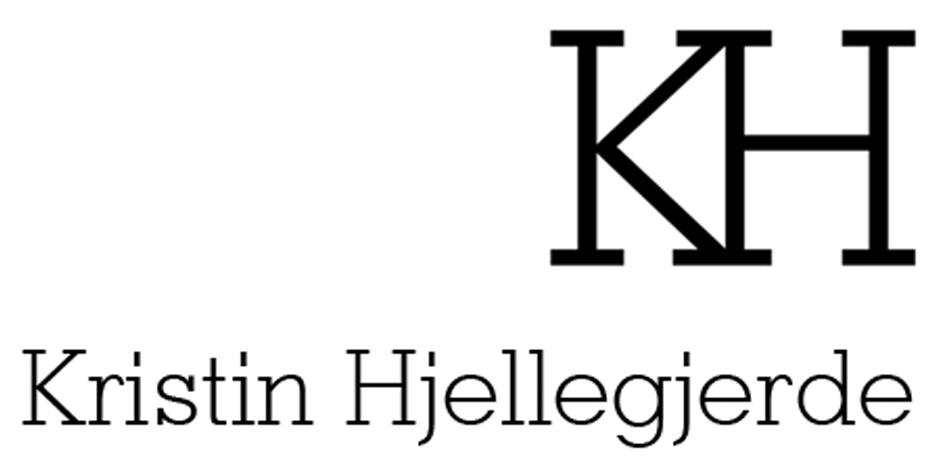-
Muhammad Zeeshan
Grass don't grow on my land -
 Highlights and collections. Muhammad Zeeshan’s work can be found in private and public collections worldwide, including Hundal Collection, Chicago; the British Museum, London; the Metropolitan Museum, New York; the Fukuoka Asian Art Museum, Japan; Pacific Asia Museum in Pasadena, California; the Devi Art Foundation, India and Walton Family Collection, USA; The Bunker Art Space, USA; Easton Capital Colelction, USA. Curatorial projects include Behind the colours (2020), Sanat initiative, Karachi, Mera Safar (2020), Zahor ul Ikhlaq Gallery NCA and the Lahore and the Karachi Biennale Trust (KBT) in 2019.
Highlights and collections. Muhammad Zeeshan’s work can be found in private and public collections worldwide, including Hundal Collection, Chicago; the British Museum, London; the Metropolitan Museum, New York; the Fukuoka Asian Art Museum, Japan; Pacific Asia Museum in Pasadena, California; the Devi Art Foundation, India and Walton Family Collection, USA; The Bunker Art Space, USA; Easton Capital Colelction, USA. Curatorial projects include Behind the colours (2020), Sanat initiative, Karachi, Mera Safar (2020), Zahor ul Ikhlaq Gallery NCA and the Lahore and the Karachi Biennale Trust (KBT) in 2019. -

-
-
This idea is reflected in the alluring surface of the paintings, which appear alternately beautiful and humorous, but deeper contemplation reveals a different perspective just as the appearance of change on a societal level does not always reflect the truth of the situation for an individual – a point that is further emphasised by the possessive pronoun in the title. As Zeeshan says, ‘Fertilised land is always a positive sign, grass is a symbol of productivity, but that does not mean grass is growing everywhere.’ Notably, each of the women depicted is entirely distinct, not just physically but emotionally: their bodies and expressions rendered through meticulous brushstrokes. This is, in part, owing to the technique of miniature painting – the artist uses very fine brushes, building from light to dark to achieve both precise detail and a sense of softness – but also the decontextualisation of the image. The women occupy empty, vividly coloured backgrounds that evoke a strong emotional character and allow the viewer to encounter the image without preconceptions.
-
Nevertheless, there is a strong masculine presence that runs throughout the exhibition, reflecting both Zeeshan’s own awareness of his complicated position as a male artist representing the female body and the lingering effects of historic patriarchal systems. This is most obvious in the painting of the woman wearing loose-fitting blue cloth draped across her shoulder. Imprinted onto the fabric, there is a translucent silhouette of a muscular man, symbolising both the protector and the oppressor, while in other works, the bird appears as the surrogate for the man or dominant force, sitting atop the woman’s head ‘like a crown’ or partially covering her nudity. In each of these paintings, there is a disconnect between what the ‘man’ or the authoritative figure thinks they are doing – protecting the woman – and what they are actually doing: limiting her freedom.In this way, Grass don’t grow on my land exposes the immense power of artistic representation – it can reassert limiting perspectives, as with traditional fairy tale narratives, or offer new ways of seeing not just gender, but also identity and the world around us.
-
-
-
 Muhammad Zeeshan, Waiting for miracle I, 2022
Muhammad Zeeshan, Waiting for miracle I, 2022 -
 Muhammad Zeeshan, Oh Lord, 2022
Muhammad Zeeshan, Oh Lord, 2022 -
 Muhammad Zeeshan, Ullu ka patha (Howlets), 2022
Muhammad Zeeshan, Ullu ka patha (Howlets), 2022 -
 Muhammad Zeeshan, Chupan chupai (Hide n seek), 2022
Muhammad Zeeshan, Chupan chupai (Hide n seek), 2022
-
-
Muhammad Zeeshan: Grass don't grow on my land
Past viewing_room













